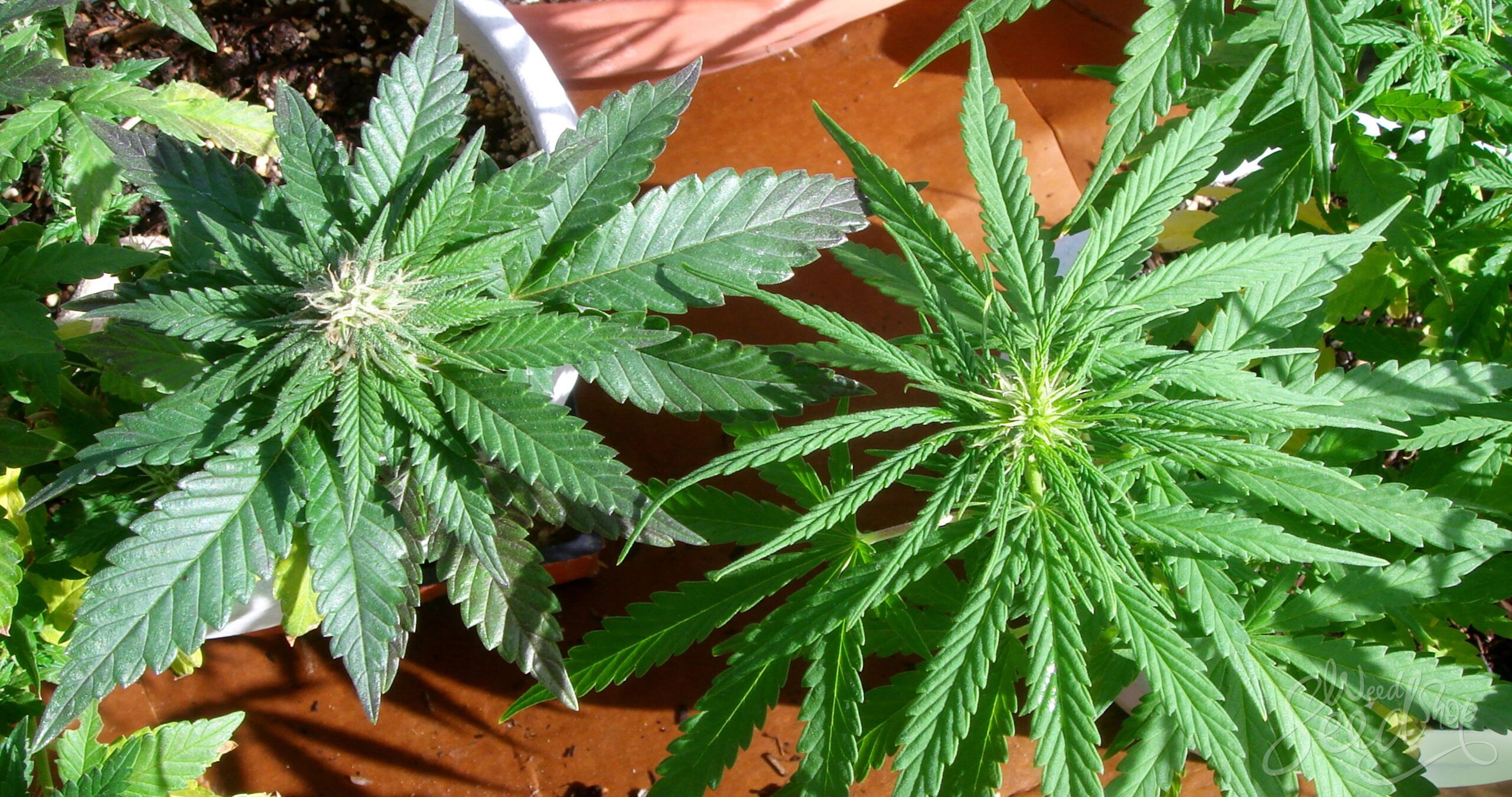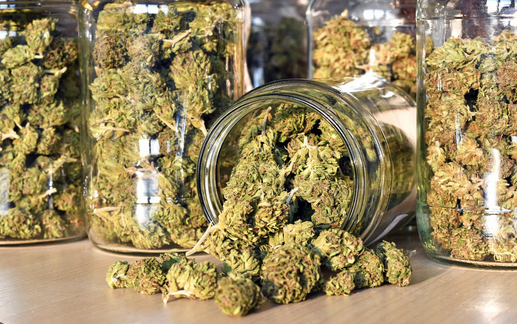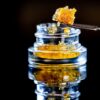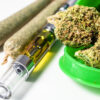
CBD, or cannabidiol, is a compound found in cannabis plants, particularly in hemp. Unlike its counterpart THC (tetrahydrocannabinol), CBD is non-psychoactive, meaning it does not produce the “high” typically associated with marijuana use. Instead, CBD is known for its potential therapeutic effects, although individual experiences may vary. Here are some common effects and potential benefits of CBD:
Pain Relief: CBD may have analgesic (pain-relieving) properties. Some people use it to manage chronic pain conditions like arthritis or migraines.
Anti-Inflammatory: CBD has anti-inflammatory properties, which can help with conditions characterized by inflammation, such as inflammatory bowel disease or joint pain.
Anxiety and Stress Reduction: Many users report feeling a sense of relaxation and reduced anxiety when using CBD. It may help manage symptoms of anxiety disorders or stress.
Sleep Aid: Some people use CBD to improve sleep quality and manage insomnia. It may help promote a sense of calmness conducive to better sleep.
Neuroprotection: CBD has shown promise in some studies as a neuroprotective agent. It may help protect the brain from damage and reduce the risk of neurological disorders.
Epilepsy: Epidiolex, a CBD-based medication, is approved by the FDA to treat certain forms of epilepsy, such as Dravet syndrome and Lennox-Gastaut syndrome.
Anti-Seizure: CBD may help reduce the frequency and severity of seizures in people with epilepsy or seizure disorders.
Nausea and Vomiting: Some cancer patients undergoing chemotherapy use CBD to alleviate nausea and vomiting associated with treatment.
Antipsychotic Effects: CBD may have antipsychotic effects and is being studied for its potential use in managing conditions like schizophrenia.
Skin Conditions: CBD-infused topical products are used to manage skin conditions like acne, eczema, and psoriasis.
It’s important to note that CBD’s effects can vary based on factors such as dosage, individual body chemistry, and the specific product or method of consumption. If you’re considering using CBD for a specific medical condition, it’s advisable to consult with a healthcare professional for guidance on dosage and suitability.

Ivonne
all author postsRelated posts
Infused Terpalicious joints
- Posted on
- 0
Edibles vs smoking
- Posted on
- 0
Cannabis drinkables
- Posted on
- 0
CBD bath bombs bennefits
- Posted on
- 0
Concentrates and facts about them
- Posted on
- 0
Cannabis facts you didin’t know
- Posted on
- 0





